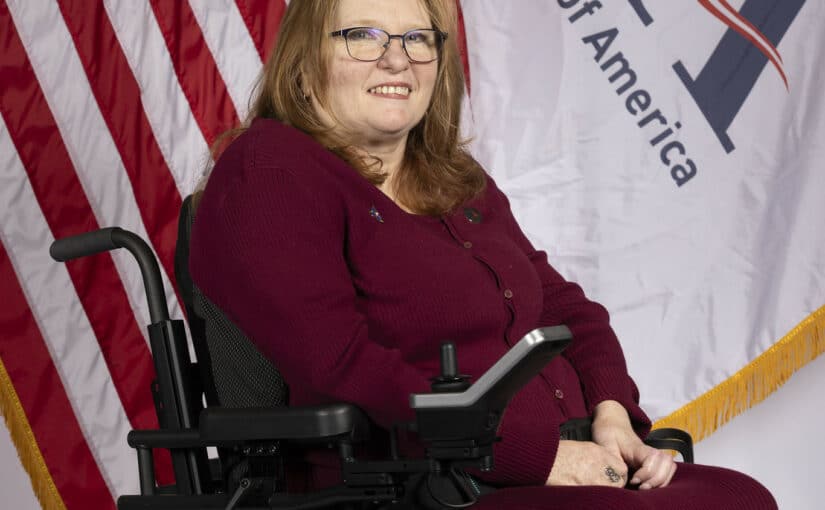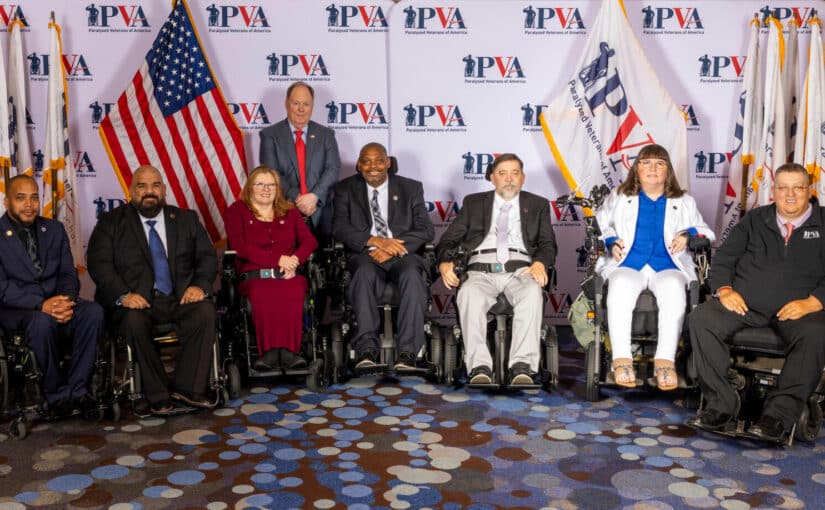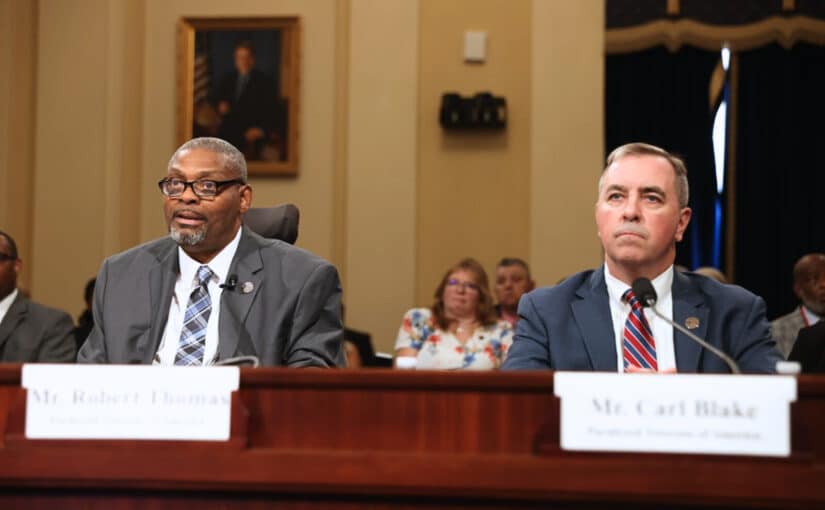National Registry Aims to Find Cause and Cure for ALS
While no one knows the cause of amyotrophic lateral sclerosis (ALS), people living with the disease and their families now have a role in finding a cause and cure, in part by registering for a new national ALS database.
What is the National ALS Registry?
The National ALS Registry – run by the Center for Disease Control’s Agency for Toxic Substances and Disease Registry – is a new program to collect, manage and analyze data about people with ALS. The goal is to gather information to better understand the disease and improve care for people with ALS.
“I think it’s for the veteran’s benefit to get themselves enrolled in the registry knowing the complexity of having ALS,” said Lana McKenzie, associate director of medical services for Paralyzed Veterans of America. “If they enroll themselves, become more educated and get more resources, why limit yourself and why not explore?”
ALS, commonly known as Lou Gehrig’s disease, weakens and eventually destroys the body’s motor neurons, resulting in muscle weakness, paralysis and eventually death. While the cause of ALS is unknown, research shows that veterans – particularly those who served in the Gulf War – are about twice as likely to develop ALS
Identifying common threads in data could help find a cure.
The hope of the National ALS Registry is to identify common threads of individuals with ALS in hopes of nailing down a root cause or that many factors together cause it. As such, it is important to include as many people with the disease as possible in the registry in order to ensure the most accurate information.
Individuals with ALS who choose to register for the database will be asked questions about their health, job, military history, physical activity and family histories. That data will be assessed along with collection data from selected states about the number of people in their areas diagnosed with ALS to evaluate the completeness and accuracy of the data in the ALS Registry.
Information provided to the Registry will be kept private, accessible only to approved registry scientists. The data will not be accessible to employers or insurers, and registrants cannot be looked up in the registry by name. Registrants will be reminded via email every six months to update their information.
Access special recources reserved for registry participants
The Registry also includes several resources for individuals living with ALS and their families, including clinical trials information, ALS clinic information, fact sheets, reports and journal articles and continuing education credits for health professionals.
To learn more, or to register, visit: www.cdc.gov/als.




